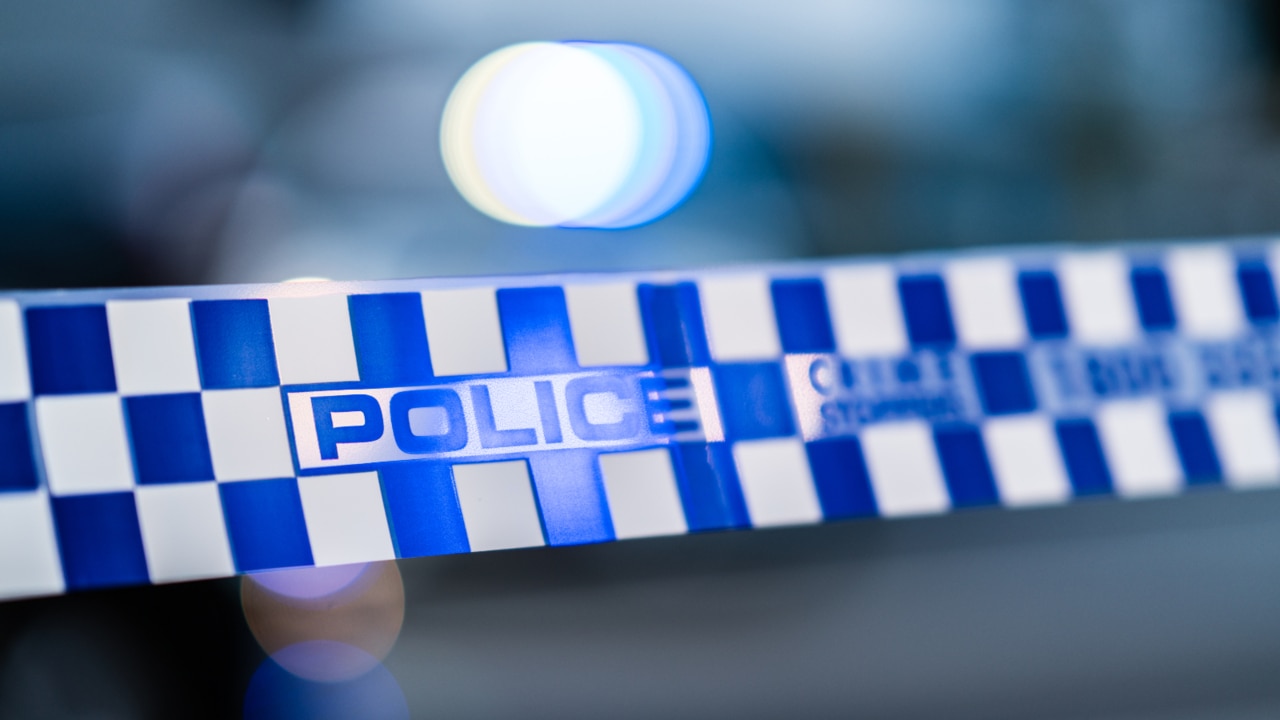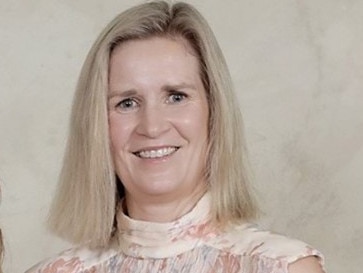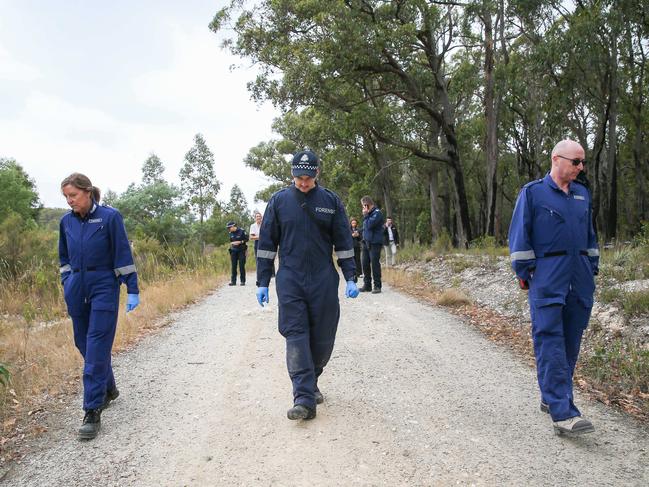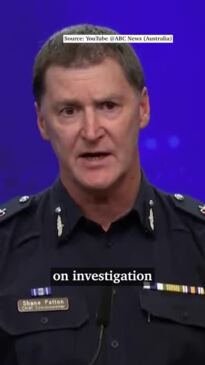Justin Quill: Victoria known in other states as the suppression order capital
The gag order in the Samantha Murphy case is not justified and the decision shows Victoria is in danger of ending up with secret justice – if we’re not there already.

Opinion
Don't miss out on the headlines from Opinion. Followed categories will be added to My News.
Forget Melbourne or Victoria being the sporting capital of Australia.
We are known in other states as the suppression order capital.
And for good reason.
I speak with media lawyers from other states many times every single day.
What is universally acknowledged by interstate media lawyers is that judges and courts in this state make too many suppression orders, and too many times in circumstances where they shouldn’t, or where they wouldn’t be made in other states.
The numbers don’t lie.

In 2023, there were 521 suppression orders made in Victoria.
But in the more populated NSW, there were only 133.
That’s about four times as many suppression orders in a state with less people.
If you add NSW’s 133 orders with all suppression orders made in all the other Australian states and territories (ACT 43, NT, 52, QLD, 38, SA, 308, WA, 12 and Tas, 12), you get 588 in total. That’s not too much more than Victoria’s 521.
Clearly there is a problem.
Suppression orders gag the media from reporting fully on cases. They stop the media fulfilling its role of being the eyes and ears of the public.

Victoria’s somewhat ironically named Open Courts Act requires the principles of open justice to be given proper consideration by a court. Too often lip service is paid to that.
Time and time again I have heard magistrates or judges saying something along the lines of “I totally accept the importance of open justice”, which is quickly followed by a “but” and then a suppression order.
The brave judges who make tough decisions to not grant suppression orders are, unfortunately, in my view in the minority.
You see, it’s usually easier for a magistrate or a judge to make a suppression order than to take the risk of a possible unfortunate outcome if they don’t suppress details of a case.

Other than an angry media and a public in the dark (who won’t even know they’re in the dark), the ramifications of making a suppression order in a particular case seem limited.
However, while that may be so in relation to the specific case before a judge or magistrate, if that attitude is adopted, before long we end up with secret justice. And frankly, Victoria is not too far off that – if we’re not there already.
Ultimately, more at fault for most suppression orders being made are usually the defence counsel who ask magistrates and judges for them and in doing so put those magistrates and judges in the difficult position where they have to make a hard decision.
Turning from general comments to the specifics of the Samantha Murphy case, it seems clear to me based on the limited information I have about the hearing that no suppression is justified.
Now, the court only made an interim order, which means the court didn’t have to consider the full merits of an order. But in my view, not even an interim order should have been made.
I’m told the magistrate was informed there was a self-harming risk if the accused was named – especially because he was in custody for the first time and charged with murder.
But I would have thought if self-harming was an issue, it was because it was his first time in custody and that he was charged with murder – not because his name might appear in a newspaper or on TV.
And in any event, isn’t keeping an accused safe in prison the job of Corrections Victoria, not of a magistrate or judge?
Thankfully the matter has been listed for 11am Friday so the magistrate can have the benefit of hearing submissions on behalf of the media and can fully consider the matter.
Hopefully the order will be lifted.
Justin Quill is partner of Thomson Geer law firm



